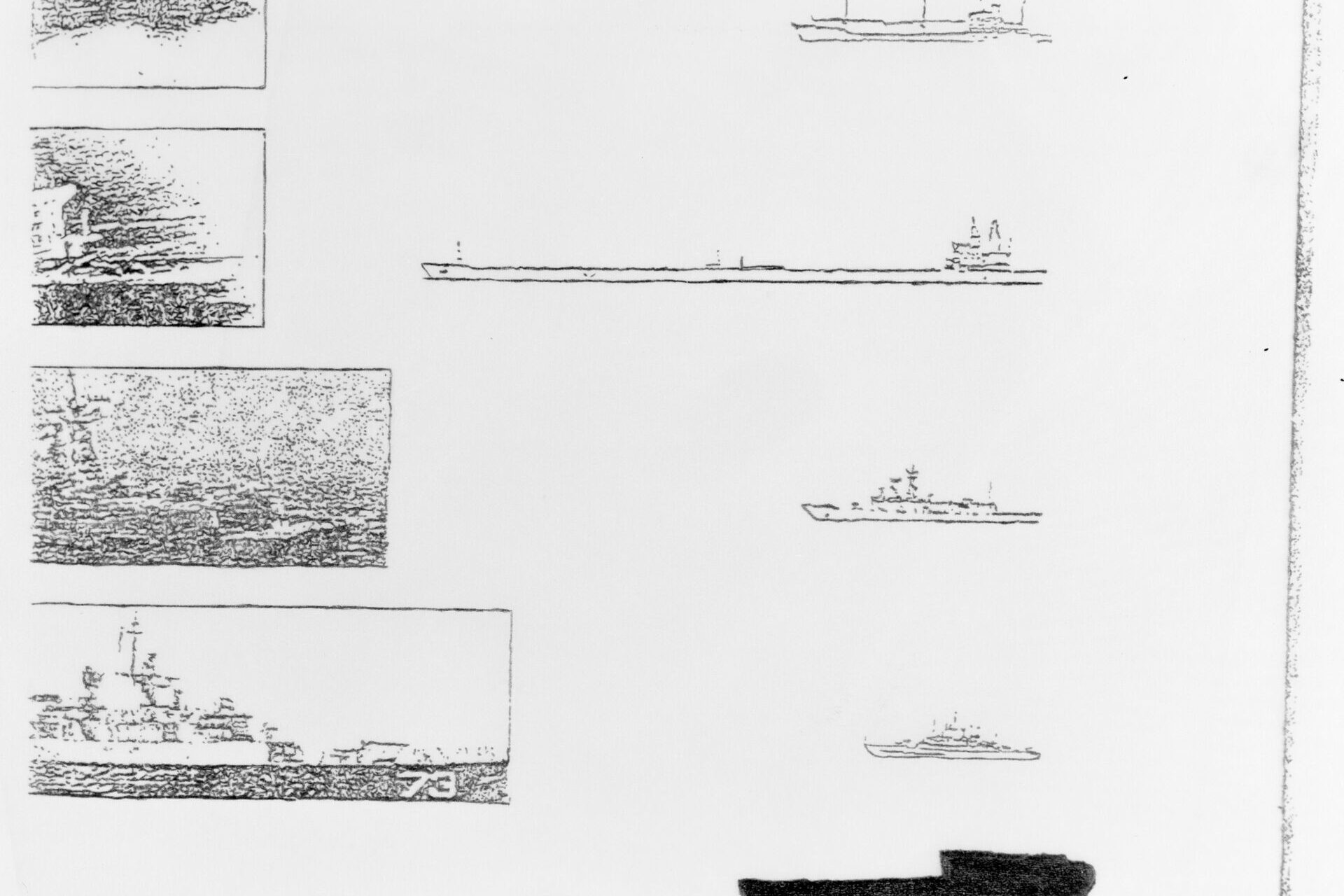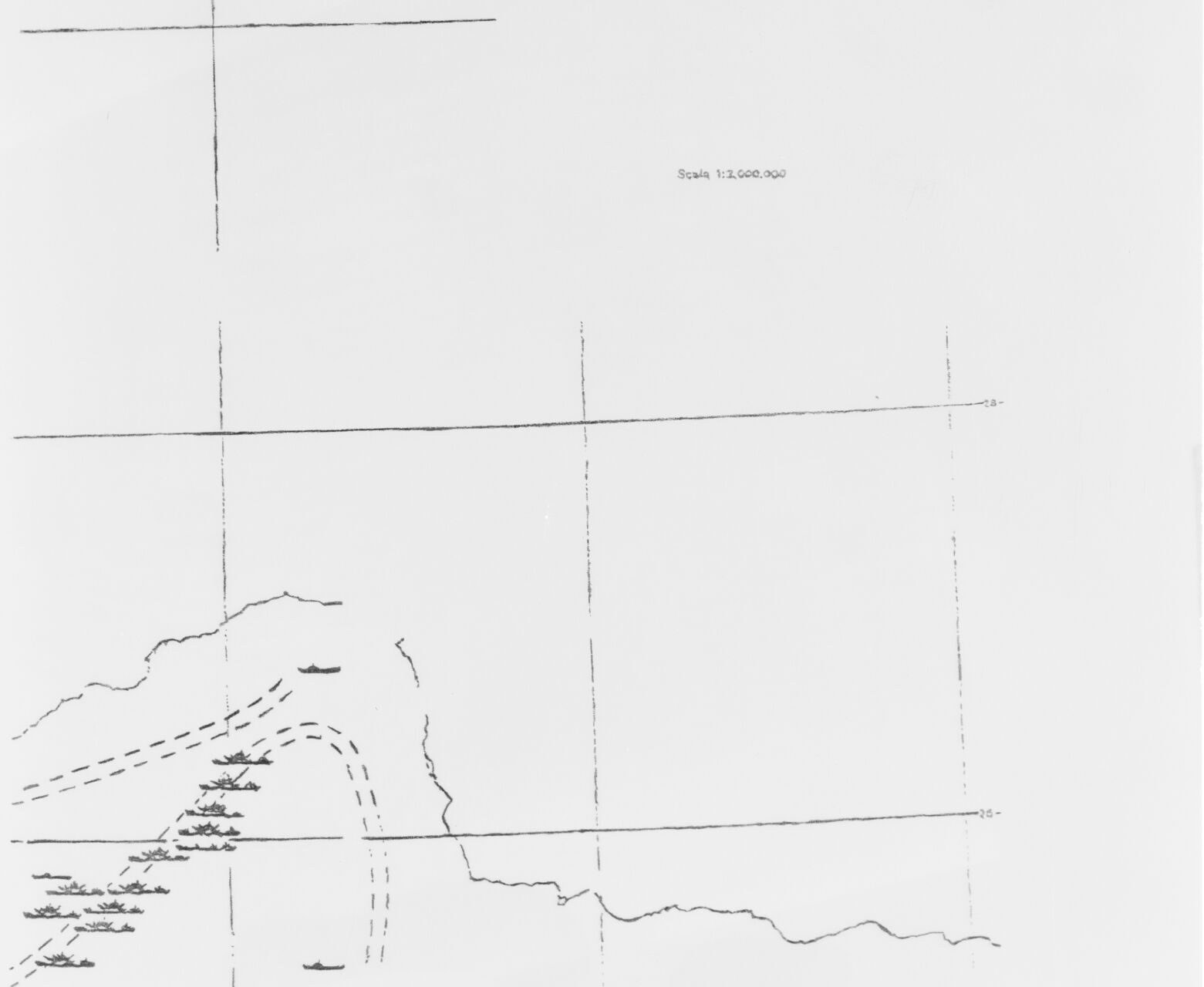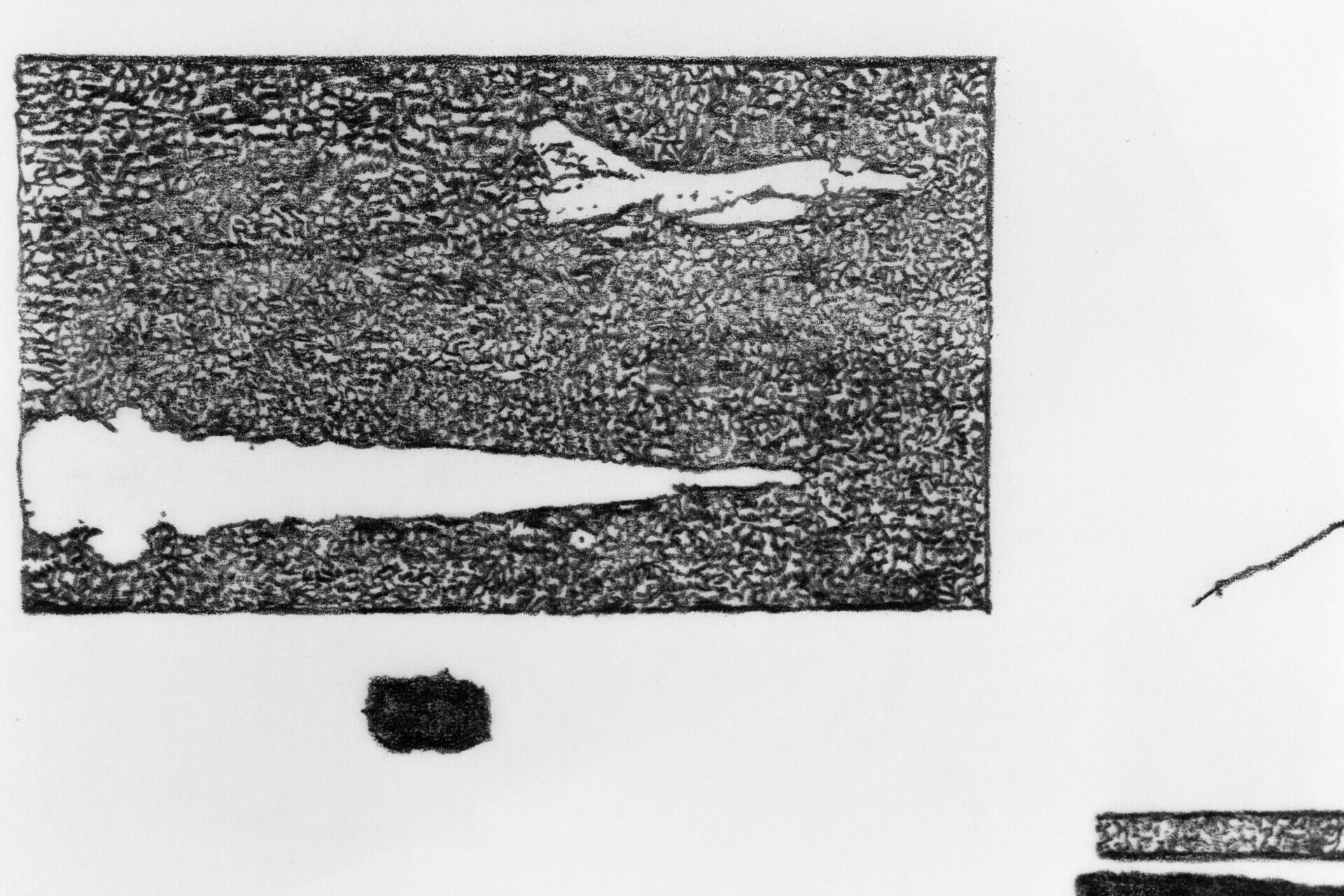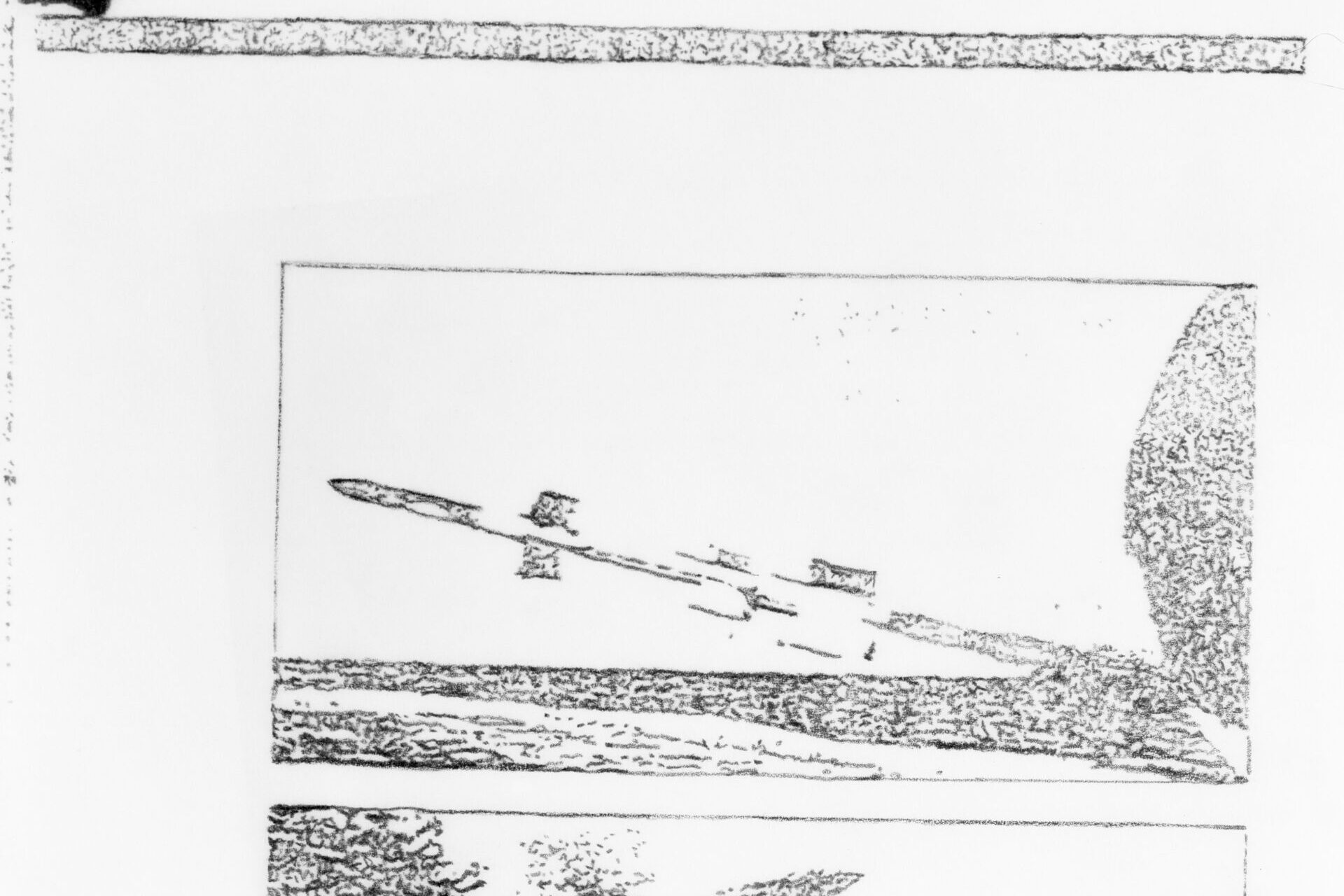Sanaz Sohrabi
Are Images Ever Innocent?
Although it might sometimes seem that way, photographs never exist in themselves. And this is doubly true of those made by machines or for archival or documentary purposes. As the art of Sanaz Sohrabi demonstrates, images (and particularly reproduced images) are part of often unwanted testimony embedded into dense nets of relationship. In her work, the artist then untangles these threads and reweaves them into artfully crafted rugs.
Whether this means photographs, archival film footage, or images downloaded from the internet, Sanaz Sohrabi almost always works with images not of her own making. For her, the “image” is a foundational building block and a space that contains an infinite number of questions. Already in her earlier works, such as Auxiliary Mirrors (2016), Sohrabi attempted to come to terms with the fact that the status of representation is always subordinate to some tradition. At the same time, her work reflects a process that takes place when images circulate in a new manner, i.e. the transfer of the original (and, in Sohrabi’s case, often ideological) meaning, or its dissolution, peeling off, or pasting over.
Sohrabi’s art thus supports the notion that both the “second life” of images and their further layers of meaning are indelibly linked to the existence of photographs and videos, and not only at the moment of their notional birth, i.e. at the moment when they were taken, but also long before then. They are thus both random and intentional witnesses to a particular visual tradition but also to the dominant ideological or period narrative, serving as an imprint of the collective unconscious and memory. An interesting example of her work with images as evidence and representation is the 2018 project Script for Groundless Images. For this piece, Sohrabi selected material from an archive which the American Congress maintains of video interviews with veterans from the Gulf War, as well as other conflicts in the Middle East in which the US was involved. This is an archive “squared”, as the speakers themselves use their own photographs as a visual aid. There is no doubt that this state archive represents only a particular segment of memories. The repetition of details in their narration, however, can cement the viewer in their belief that this is a record of how things really happened. Anyone who remembered at least that hackneyed old phrase from history class – “history is written by the victors” – must feel some unpleasant shivers down their spine.
Perhaps that is why in her newer works, Sohrabi rebels against this falsely transparent legibility of events, resorting to a more unfocused perspective. Syndromes (since 2019) are redrawn declassified CIA documents relating to the Tanker War, a conflict between Iran and Iraq that took place between 1984 and 1988 with the participation of superpowers including the USA and the USSR. The project thus connects Sohrabi’s research and artistic interests, including geopolitical aspects linked to the trade and circulation of oil, and elements of power in visuality related to the circulation of images and narratives connected to these images. She emphasizes the fact that what is important is not only that which is included in the image, but also – and often more importantly – that which is not in the image. Large dark fields of drawings placed in those parts of the document that contain blacked out information provoke our desire to narrate a historical event as precisely as possible – a desire that can never be entirely fulfilled.
Sanaz Sohrabi is a visual artist and film-maker born in Tehran, where she also began her studies at the College of Arts of the University of Tehran. She then studied in the USA and is currently completing her PhD – on geopolitical relations in the context of the oil trade – in Montreal, Canada. Since 2016, her works have been presented at a number of significant film festivals.
Tereza Rudolf is a curator, art critic and pilates teacher. Since 2016 is one of the people behind Fotograf Festival. In 2018 she has curated one of its volumes called „Non-work: Occupied by Leisure Time“. In 2020 she co-curated one called “Uneven Ground”. She focuses on borders between photography, video and contemporary art.




#41 postdigital photography
Archive
- #45 hypertension
- #44 empathy
- #43 collecting
- #42 food
- #41 postdigital photography
- #40 earthlings
- #39 delight, pain
- #38 death, when you think about it
- #37 uneven ground
- #36 new utopias
- #35 living with humans
- #34 archaeology of euphoria
- #33 investigation
- #32 Non-work
- #31 Body
- #30 Eye In The Sky
- #29 Contemplation
- #28 Cultura / Natura
- #27 Cars
- #26 Documentary Strategies
- #25 Popular Music
- #24 Seeing Is Believing
- #23 Artificial Worlds
- #22 Image and Text
- #21 On Photography
- #20 Public Art
- #19 Film
- #18 80'
- #17 Amateur Photography
- #16 Photography and Painting
- #15 Prague
- #14 Commerce
- #13 Family
- #12 Reconstruction
- #11 Performance
- #10 Eroticon
- #9 Architecture
- #8 Landscape
- #7 New Staged Photography
- #6 The Recycle Image
- #5 Borders Of Documentary
- #4 Intimacy
- #3 Transforming Of Symbol
- #2 Collective Authorship
- #1 Face
